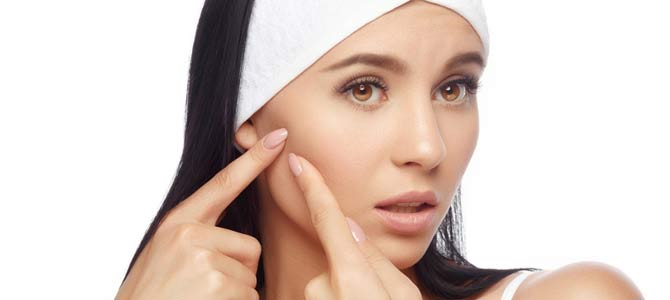Acne Treatment Specialist in Paramus, NJ
Common questions asked by clients: What is the most best acne treatment? How can I clear up acne fast? What are the top 3 best acne treatments? What is the main treatment for acne? Acne treatment is offered at Elysium Aesthetics and Vein Care, Medical Spa, in Paramus, NJ. For more information, feel free to contact us or request an appointment online. We are conveniently located at 1 Sears Dr suite 406, Paramus, NJ 07652. We serve clients from Paramus NJ, Westwood NJ, Bergenfield NJ, Ridgewood NJ, Fair Lawn NJ, Hackensack NJ, and surrounding areas.




Additional Services You May Need
▸ Body Contouring
▸ Laser Hair Removal
▸ Vein Treatment
▸ Dermal Fillers
▸ Botox Injections
▸ Hyperhidrosis
▸ Facials
▸ Tattoo Removal
▸ Skin Rejuvenation
▸ Hair Restoration
▸ Sun & Age Spot Removal
▸ Opus Laser Treatment
▸ Pico Skin Revitalization
▸ Medical Grade Peels
▸ VI Peel
▸ Diamond Glow
▸ The SaltFacial
▸ HydraFacial
▸ Plasma Pen
▸ Vivace RF Microneedling
▸ Dermapen Micro Needling
▸ TempSure Skin Tightening
▸ Ultherapy
▸ Exosomes
▸ MiraDry
▸ Varicose Vein Treatment
▸ CoolSculpting Elite
▸ SmartLipo Laser Liposuction
▸ Emsculpt
▸ SculpSure
▸ Venous Leg Ulcer
▸ Stretch Mark Removal
▸ Spider Veins
▸ Nova Thread Face Lift
▸ Juvederm
▸ Essential Skin Care



